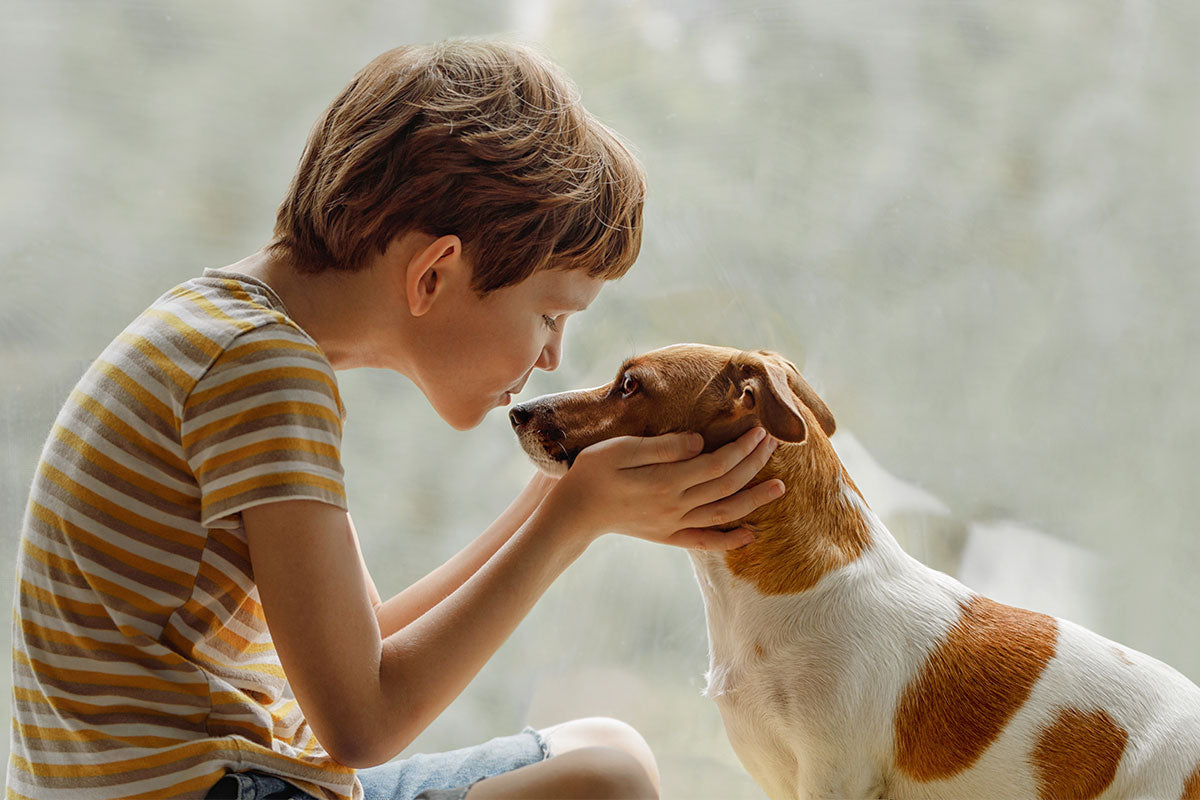As a parent, you want the best for your child. You put their safety and happiness above all else. Because of that, getting them a pet is one of the most important decisions you will make as a parent. However, many pet owners fail to prepare themselves for the responsibility that comes with owning an animal. Inevitably, you have questions.
"How old should your child be to have a pet?" is one of the most common questions that parents ask themselves when they are considering bringing home an animal for their family. There is no correct answer, but there are some important factors to consider before making this decision.

Know Your Child's Developmental Age
Pets can be great teachers to children, but only if they're introduced at the right time - and your child's developmental age is an important consideration when deciding whether now is the right time to bring home a new furry friend.
Most children are not developmentally ready for responsibility until around the age of four, and a pet can be too much to handle before that time period.

Pets don’t take care of themselves - although some are more self-sufficient than others.
Some children might be too young to understand why they need to feed or walk their new friend - so make sure you know what chores your child is capable of helping with when it comes to adding a pet to your family.

The attention span of your child is another important consideration when deciding how old he should be before getting his own pet.
Pets require a lot of time, energy, and attention - something that young children might not have enough of to give back to the animal.
Additionally, you don’t want your child to be pulling or tugging on an animal - even if they mean it affectionately - as some pets will not tolerate this.
It is worth highlighting the numerous benefits children can gain from having a pet as a companion. For example, the benefit of having a dog as a pet is that dogs can teach children responsibility, empathy, and provide unconditional love and companionship, fostering their emotional development and overall well-being.
Teaching your child responsibility is an important part of owning pets together as a family unit. By talking with your child and monitoring their development, you’ll know when the time is right to expand your family with a new pet.
RESOURCES:
http://www.vetstreet.com/dr-marty-becker/whats-the-best-age-for-a-child-to-get-a-dog?page=2
https://mom.com/kids/6751-what-age-should-i-get-my-child-pet/
https://healthblog.uofmhealth.org/childrens-health/your-child-ready-for-a-pet-6-questions-to-ask
More stories

6 Activities to Do with Your Dog This Fall


